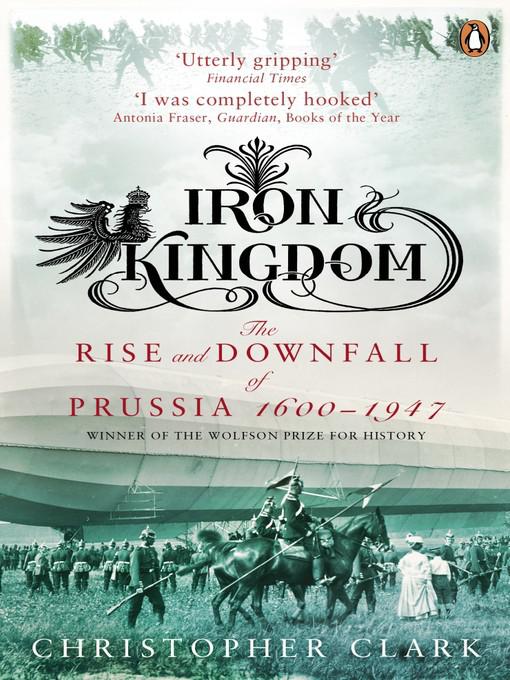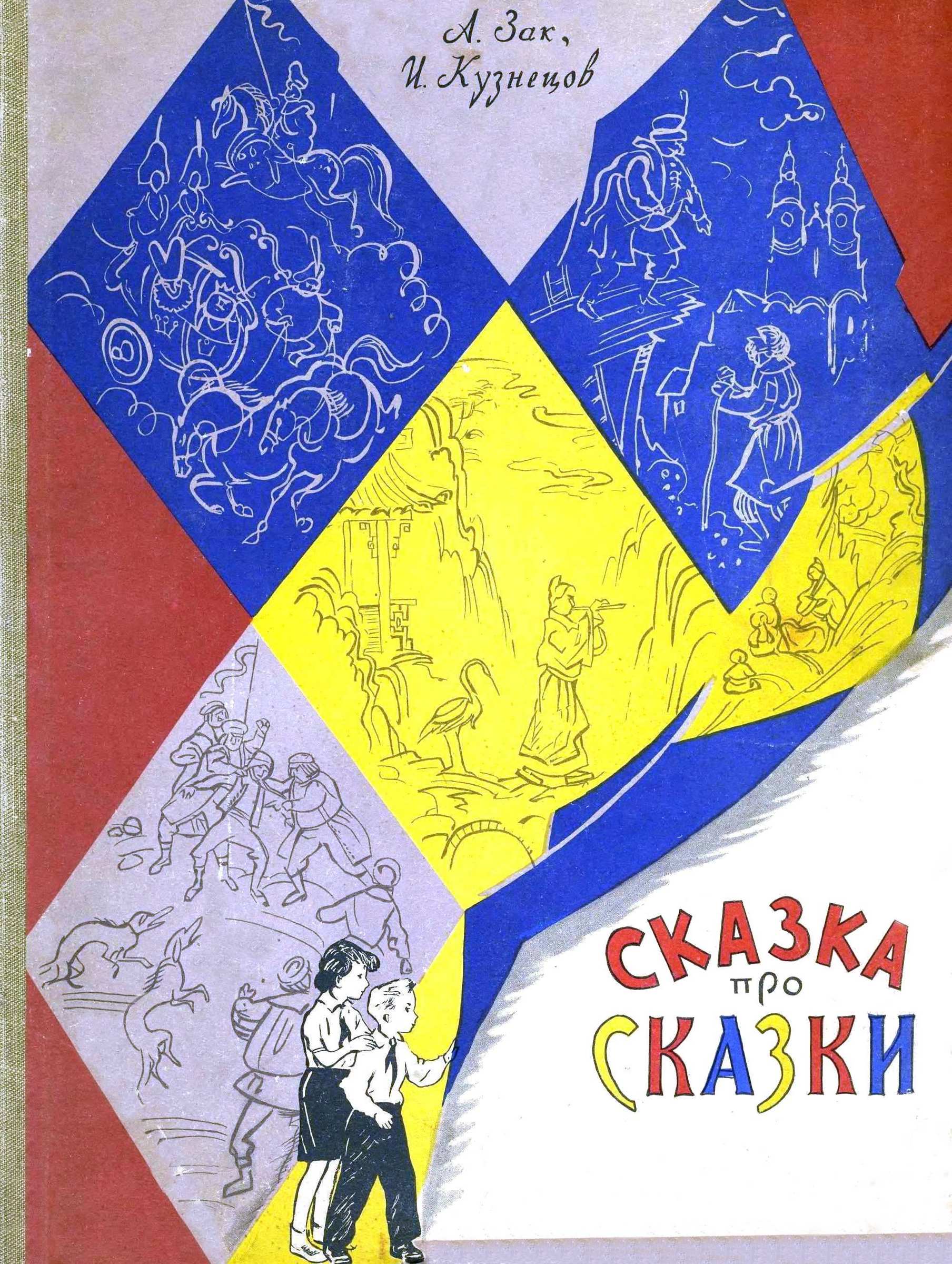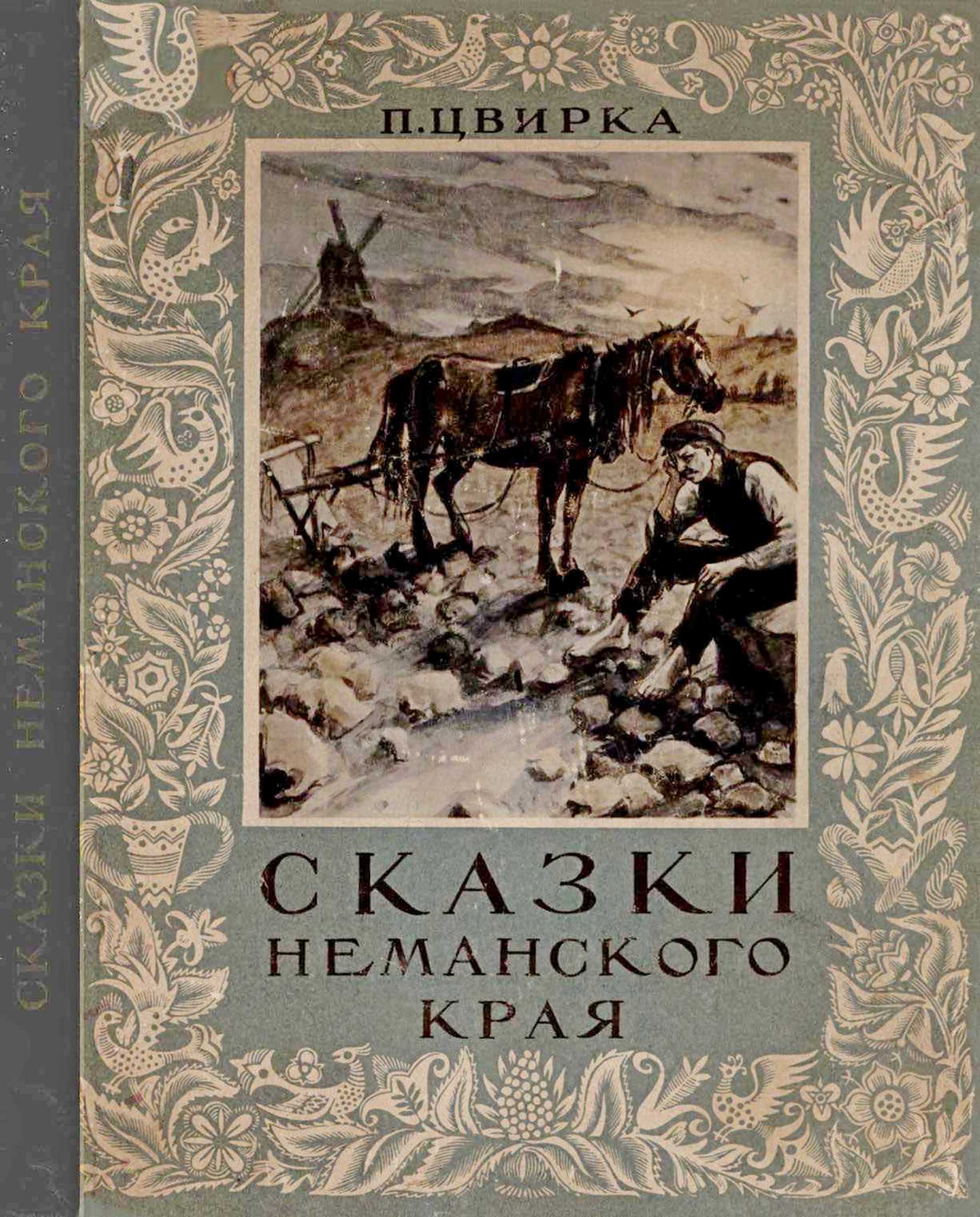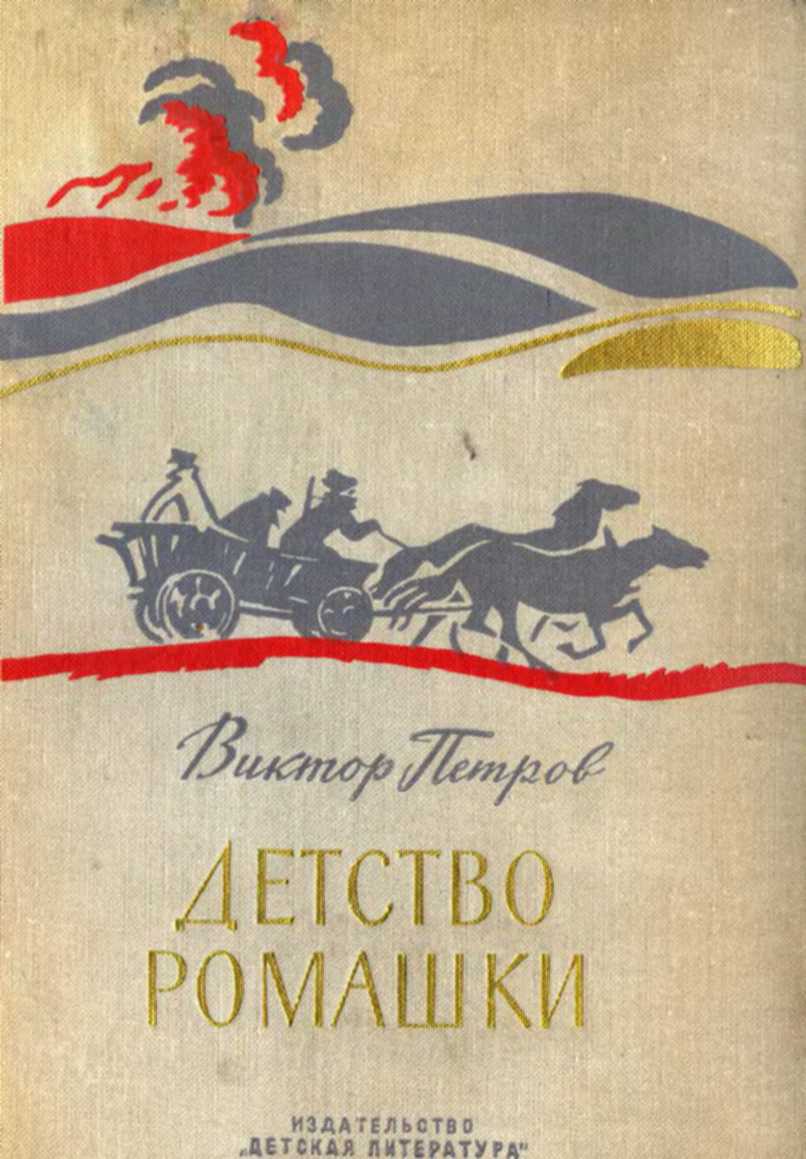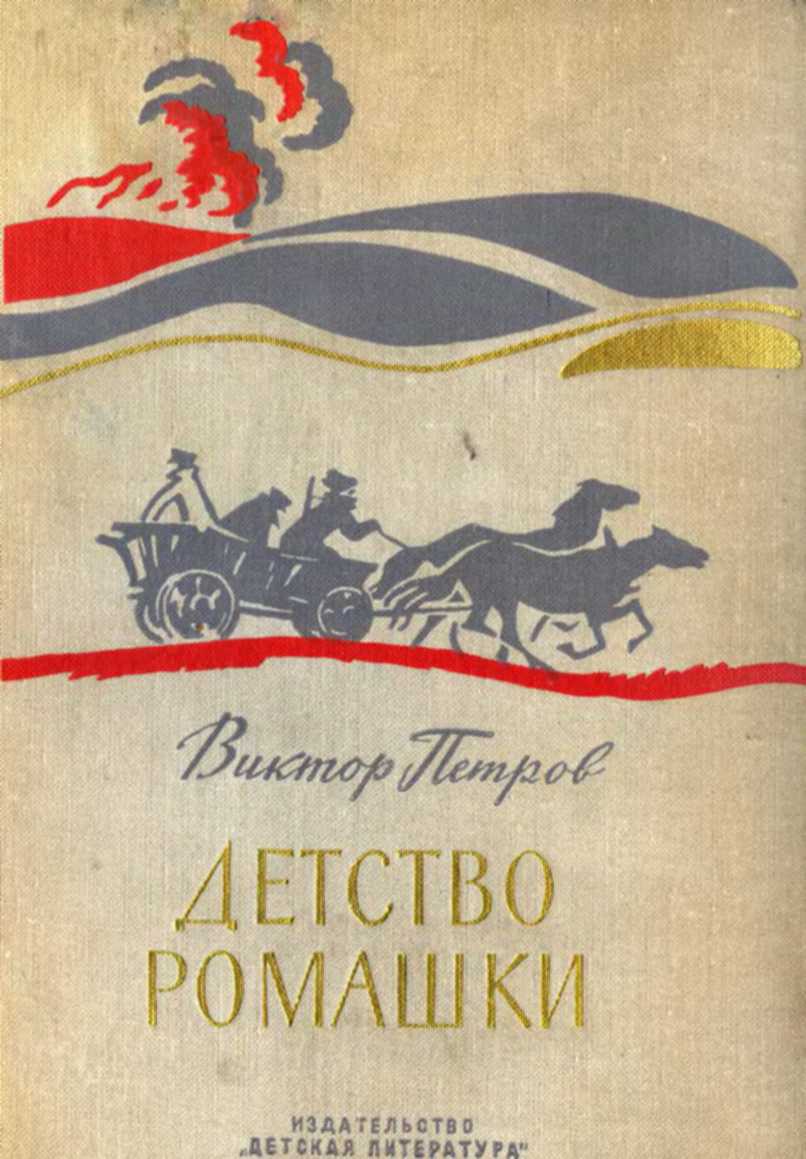158.
27. Cited from Count Raimondo Montecuccoli’s Treatise on War (1680), in Johannes Kunisch, ‘Kurfürst Friedrich Wilhelm und die Grossen Mächte’ in Heinrich (ed.), Ein Sonderbares Licht, pp. 9–32, here pp. 30–31.
28. Memoir by Count Waldeck in Bernhard Erdmannsdörffer, Graf Georg Friedrich von Waldeck. Ein preussischer Staatsmann im siebzehnten Jahrhundert (Berlin, 1869), pp. 361–2, also pp. 354–5.
29. W. Troost, ‘William III, Brandenburg, and the construction of the anti-French coalition, 1672–88’, in Jonathan I. Israel, The Anglo-Dutch Moment: Essay on the Glorious Revolution and Its World Impact (Cambridge, 1991), pp. 299–334, here p. 322.
30. Philippson, Der Grosse Kurfürst, vol. 3, pp. 252–3.
31. Peter Baumgart, ‘Der Grosse Kurfürst. Staatsdenken und Staatsarbeit eines europäischen Dynasten’, in Heinrich (ed.), Ein Sonderbares Licht, pp. 33–57, here p. 45.
32. Dietrich (ed.), Die politischen Testamente, p. 191.
33. For an account of the oath ceremony on which the present description is based, see Bruno Gloger, Friedrich Wilhelm, Kurfürst von Brandenburg. Biografie (Berlin, 1985), pp. 152–4.
34. André Holenstein, Die Huldigung der Untertanen. Rechtskultur und Herrschaftsordnung (800–1800), (Stuttgart and New York, 1991), pp. 512–3.
35. This interpretation of the raised fingers is widely documented for the German territories from the early fifteenth century, but the practice is far older; see ibid. pp. 57–8;an illustration in Gloger, Friedrich Wilhelm (p. 153) shows the deputies raising their hands in the traditional salute. The quotation is from the text of an oath sworn by the subjects of a rural lordship in the Brandenburg province of Prignitz, cited in Hagen, Ordinary Prussians, p. 79.
36. F. L. Carsten, The Origins of the Junkers (Aldershot, 1989), p. 17.
37. On the seventeenth-century crisis in governance generally, see Trevor Aston (ed.), Crisis in Europe, 1560–1660 (New York, 1966); Geoffrey Parker and Lesley M. Smith, The General Crisis of the Seventeenth Century (London, 1978); Theodor K. Rabb, The Struggle for Stability in Early Modern Europe (New York, 1975).
38. Frederick William to supreme councillors of Ducal Prussia, Kleve, 18 September 1648, in Erdmannsdörffer (ed.), Politische Verhandlungen, vol. 1, pp. 281–2.
39. Fürbringer, Necessitas und Libertas, p. 59; for examples of this mode of argument, see supreme councillors of Ducal Prussia to Frederick William, Königsberg, 12 September 1648, in ibid., pp. 292–3.
40. Resolution of the Estates of the county of Mark, Emmerich, 22 March 1641 in Haeften (ed.), Ständische Verhandlungen, vol. 1; pp. 140–45, here p. 142.
41. See, for example, Frederick William to the Cities of Wesel, Calcar, Düsseldorf, Xanten and Rees, Küstrin, 15 May 1643, and Kleve Estates to Dutch Estates General, Kleve, 2 April 1647, in ibid., pp. 205, 331–4.
42. Helmuth Croon, Stände und Steuern in Jülich-Berg im 17. und vornehmlich im 18. Jahrhundert (Bonn, 1929), p. 250; examples: Estates of county of Mark to protesting Estates of Kleve, Unna, 10 August 1641; Estates of Mark to Estates of Kleve, Unna, 10 December 1650, in Haeften (ed.), Ständische Verhandlungen, vol. 1, pp. 182, 450.
43. Comment by the viceroy of Ducal Prussia, Prince Boguslav Radziwill, cited in McKay, Great Elector, p. 135.
44. Comments by the Estates, Königsberg, 24 April 1655, in Kurt Breysig (ed.), Ständische Verhandlungen (Berlin, 1894–9), vol. 3: Preussen, Part 1 (= UuA, vol. 15), p. 354. On these questions in Ducal Prussia, see Stefan Hartmann, ‘Gefährdetes Erbe. Landesdefension und Landesverwaltung in Ostpreussen zur Zeit des Grossen Kurfürsten Friedrich Wilhelm von Brandenburg (1640–1688)’, in Heinrich (ed.), Ein Sonderbares Licht, pp. 113–36; Hugo Rachel, Der Grosse Kurfürst und die Ostpreussischen Stände (1640–1688) (Leipzig, 1905), pp. 299–304.
45. E. Arnold Miller, ‘Some Arguments Used by English Pamphleteers, 1697–1700, Concerning a Standing Army’, Journal of Modern History (henceforth JMH) (1946), pp. 306–13, here pp. 309–10; Lois G. Schwoerer, ‘The Role of King William III in the Standing Army Controversy – 1697–1699’, Journal of British Studies (1966), pp. 74–94.
46. David Hayton, ‘Moral Reform and Country Politics in the Late Seventeenth-century House of Commons’, Past & Present, 128 (1990), pp. 48–91, here p. 48.
47. Anon, pamphlet of 1675 entitled ‘Letter from a Person of Quality’, cited in J. G. A. Pocock, ‘Machiavelli, Harrington and English Political Ideologies in the Eighteenth Century’, William and Mary Quarterly, 22/4 (1965), pp. 549–84, here p. 560.
48. Fürbringer, Necessitas und Libertas, p. 60.
49. F. L. Carsten, Die Entstehung Preussens (Cologne, 1968), pp. 209–12; Kunisch, ‘Kurfürst Friedrich Wilhelm’, in Heinrich (ed.), Ein Sonderbares Licht, pp. 9–32, here pp. 21–2.
50. Reply of the privy councillors on behalf of the Elector, Cölln [Berlin], 2 December 1650, in Siegfried Isaacsohn (ed.), Ständische Verhandlungen, vol. 2 (= UuA, vol. 10) (Berlin, 1880), pp. 193–4.
51. Patent of Contradiction by the Estates of Kleve, Jülich, Berg and Mark, Wesel, 14 July 1651; Union of the Estates of Kleve and Mark, Wesel, 8 August 1651, in Haeften (ed.), Ständische Verhandlungen, vol. 1, pp. 509, 525–6. F. L. Carsten, ‘The Resistance of Cleves and Mark to the Despotic Policy of the Great Elector’, English Historical Review, 66 (1951), pp. 219–41, here p. 224; McKay, Great Elector, p. 34; Waddington, Grand Électeur, vol. 1, pp. 68–9.
52. Karl Spannagel, Konrad von Burgsdorff. Ein brandenburgischer Kriegs-und Staatsmann aus der Zeit der Kurfürsten Georg Wilhelm und Friedrich Wilhelm (Berlin, 1903), pp. 265–7.
53. For Kleve taxation figures see Sidney B. Fay, ‘The Beginnings of the Standing Army in Prussia’, American Historical Review, 22 (1916/17), pp. 763–77, here p. 772; McKay, Great Elector, p. 132. Report from Johann Moritz: Carsten, ‘Resistance of Cleves and Mark’, p. 235. On the impact of the Northern wars on conditions in Kleve, see Haeften (ed.), Ständische Verhandlungen, vol. 1, pp. 773–93. On the arrest of activists, see Frederick William to Jacob von Spaen, Cölln an der Spree, 3 July 1654, in ibid., pp. 733–4; Carsten, ‘Resistance of Cleves and Mark’, p. 231.
54. McKay, Great Elector, p. 62; Volker Press, ‘Vom Ständestaat zum Absolutismus: 50 Thesen zur Entwicklung des Ständewesens in Deutschland’, in Baumgart (ed.), Ständetum und Staatsbildung, pp. 280–336, here p. 324.
55. Fay, ‘Standing Army’, p. 772.
56. McKay, Great Elector, pp. 136–7; Philippson, Der Grosse Kurfürst, vol. 2, p. 165; Otto Nugel, ‘Der Schoppenmeister Hieronymus Roth’, FBPG, 14/2 (1901), pp. 19–105, here p. 32.
57. Roth and Schwerin produced radically divergent accounts
